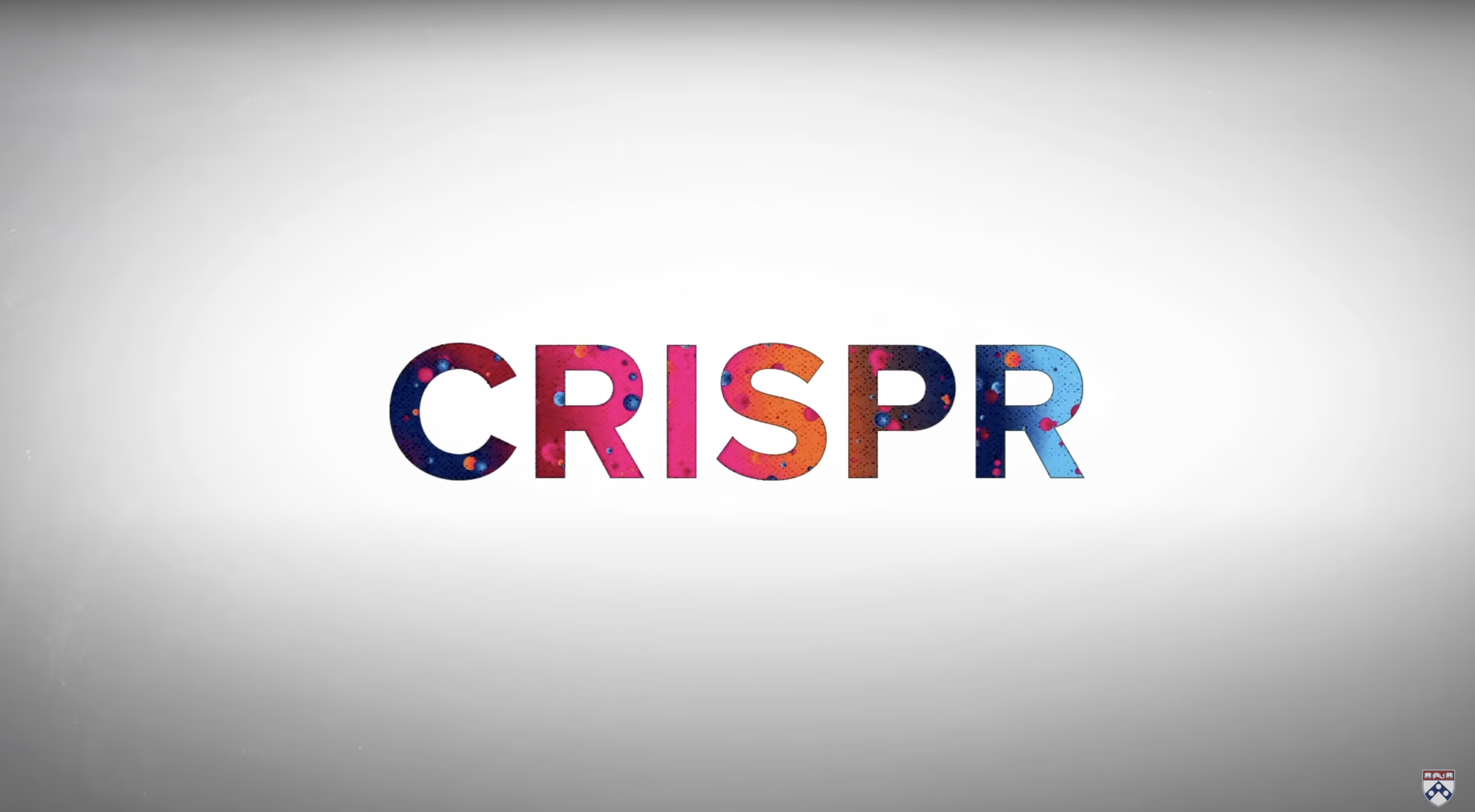
Research Center
Though RVCL is a rare genetic disorder, we strive to promote education, identification, and research generation.
Retinal vasculopathy with cerebral leukoencephalopathy (RVCL, also known as RVCL-S or HERNS) is a rare disease that affects 100% of people with mutations in a specific region of the TREX1 gene. In families affected by RVCL, about half of all family members have the disease.
- The University of Pennsylvania (Penn) was our nation’s first university and medical school. Today, the University of Pennsylvania and its hospital are leading the way in gene therapy.
- The RVCL Research Center at Penn is performing cutting-edge research. Our goal is to develop precision and personalized therapies for RVCL.
- We have assembled a team of expert clinicians, researchers, and genetic counselors, who support patients and families with RVCL.
Click here for more in-depth information about RVCL, symptoms, diagnosis, genetic testing, and treatment.
Developing Personalized Medicines for RVCL
We partner with patients, physicians, and scientists from around the world in an effort to develop personalized medicines for RVCL. Thanks to generous support from The Clayco Foundation, as well as from the families and friends of patients with RVCL, we are pushing forward faster than ever in this effort. Our team consists of a group of rheumatologists, neurologists, ophthalmologists, genetic counselors, and researchers, all with the singular goal of helping you and your family.
How CRISPR can treat RVCL
CRISPR/Cas9 is a gene editing technology that can delete a gene entirely in patients or, in some cases, to correct mutations in specific cell types. We are using a specialized form of CRISPR and collaborating with experts on delivery systems so that we can use CRISPR to treat RVCL by correcting the mutated TREX1 gene in patients with RVCL. This is an exciting potential treatment option, but using CRISPR to treat RVCL is no small task. Nevertheless, CRISPR is one of the key personalized medicine pathways that we are actively pursuing here at the RVCL Research Center at Penn.
Our laboratories are developing CRISPR-based editing technologies that will fully correct disease-causing mutations in the TREX1 gene, and we are hopeful that CRISPR-based therapies will eventually become available for the treatment RVCL.
What is gene therapy?
Scientists and doctors have been talking about gene therapy for decades. Now, gene therapy is becoming a reality for rare diseases, but this type of therapy must be conducted carefully, ethically, and with rigorous testing. One major challenge for RVCL will be delivering gene therapies to the correct cell types, but Penn Medicine has experience developing and testing delivery systems for genetic diseases. You can learn more about the vital role that Penn Medicine played in the development of gene therapy in this video from the Howard Hughes Medical Institute. Note the major contributions of Penn Medicine physician-scientists Jean Bennett and Albert Maguire, a key member of our RVCL Research Center at Penn.



